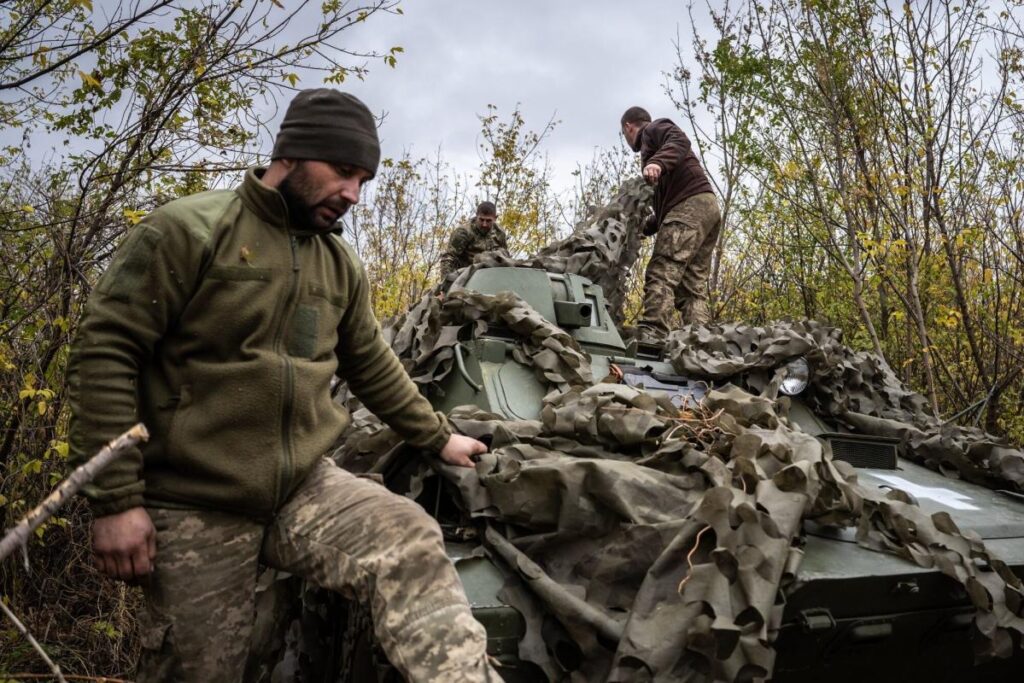South Korea’s Ministry of National Defense has raised alarms regarding the potential movement of North Korean troops and generals to the Russian frontline in the ongoing war against Ukraine. This intelligence, shared with parliamentary members, suggests a precarious shift in the conflict, possibly involving new participants. Lawmaker Lee Seong-kweun provided updates post a closed-door meeting, indicating that South Korean President Yoon Suk Yeol hinted at the North Korean forces potentially joining combat operations sooner than anticipated. The situation is being closely monitored, as South Korea’s National Intelligence Service (NIS) seeks to confirm the specifics of these troop movements.
The information surrounding North Korea’s military involvement marks a critical turning point in the two-and-a-half-year-long Ukraine conflict. Notably, NATO Secretary General Mark Rutte has acknowledged reports of North Korean units dispatched to the Kursk region. This area has seen renewed assertiveness from Ukrainian forces, underscoring the increased stakes of North Korea’s participation as a significant escalation. As the situation develops, Ukraine and its allies are contemplating strategic responses to this unexpected shift in the battlefield dynamics, which could further complicate the already volatile geopolitical landscape.
In light of these developments, North Korea’s Foreign Minister Choe Son Hui embarked on her third trip to Russia within the year to engage in discussions regarding further troop deployments. As detailed by lawmaker Lee, these high-level meetings indicate North Korea’s commitment to supporting Russia. However, the precise role of the North Korean military in the conflict, including their timeline for engagement, remains ambiguous. Initial estimates suggest a possible deployment of up to 10,000 North Korean troops, a move that, while not drastically altering the balance of power, could entangle the Korean Peninsula in the ongoing hostilities.
Recognizing the rising threat posed by this alliance, South Korea has taken precautionary steps, including consideration of arms supplies to Ukraine. High-ranking South Korean officials are heading to Ukraine to discuss intelligence sharing and explore potential collaborative efforts against shared threats. There is also an acknowledgment of an operational language barrier between Russian troops and their North Korean counterparts, as efforts are being made to familiarize North Korean soldiers with crucial military terminology, indicating a logistical hurdle faced by both nations.
The escalating camaraderie between North Korea and Russia has sparked concerns among South Korea and its allies about the implications of such an alliance. Notably, heightened security measures for Kim Jong Un have been implemented in light of potential assassination threats. The recent history of diplomatic ties between Kim and Russian President Vladimir Putin grew stronger following strategic discussions and agreements made during high-profile visits, highlighting the two leaders’ isolation from mainstream global acceptance. The West closely observes these developments, wary of Korea supplying weaponry in exchange for economic support from Russia.
As the situation unfolds, the United States and its allies face a complex challenge in formulating a response to North Korea’s military assistance to Russia. This episode of escalated troop presence arrives at a critical juncture for Ukraine, which seeks to consolidate its military strength during a period of intense activity at the borders, particularly around Kursk. The strategic calculus for the US and its partners will center around whether to counter North Korea’s assertive military moves with their own forms of escalation, weighing the risks in a scenario where global tensions continuously heighten.

